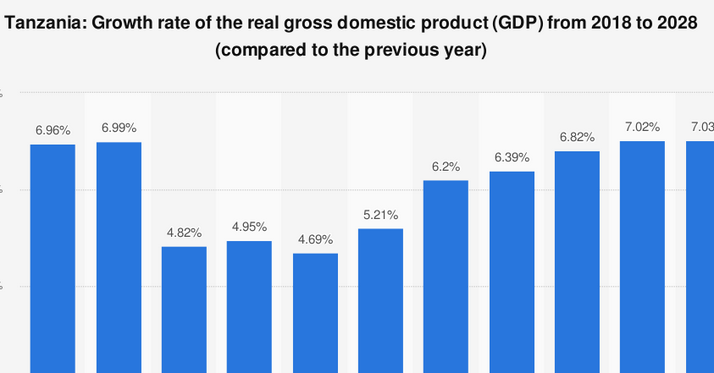The financial landscape has witnessed a remarkable evolution over the years, with the advent of Financial Technology, commonly known as FinTech. Therefore, this dynamic industry has not only revolutionized the way we manage our finances but has also significantly transformed traditional financial services. Therefore, in this article, we will delve into the historical journey of FinTech and its enduring influence on the conventional financial sector.

Evolution of FinTech
Early Beginnings: The Birth of FinTech
Moreover, in the late 20th century, the financial industry started experiencing the first waves of technological disruption. The introduction of electronic trading platforms and the development of early payment systems laid the groundwork for what would eventually become FinTech. During this period, technology began to play a pivotal role in automating and streamlining financial processes, marking the initial steps towards a more efficient and digitized financial ecosystem.
The Dot-Com Boom and FinTech Innovation
The late 1990s and early 2000s saw the emergence of the dot-com boom, a period characterized by a surge in internet-based companies. FinTech companies seized this opportunity to introduce innovative solutions, such as online banking and early forms of peer-to-peer lending. These developments paved the way for a more interconnected and accessible financial system, gradually eroding the traditional barriers to entry.
Mobile Revolution: FinTech Goes Mainstream
The 2010s witnessed a significant turning point with the proliferation of smartphones and mobile applications. FinTech companies capitalized on this mobile revolution by introducing user-friendly apps that allowed individuals to manage their finances seamlessly. Mobile wallets, digital payment platforms, and robo-advisors became integral parts of the financial landscape, challenging traditional banking models and empowering consumers with greater control over their money.
Blockchain and Cryptocurrencies: Disrupting the Status Quo
The introduction of blockchain technology in 2008, through the creation of Bitcoin, marked a revolutionary moment in FinTech. Blockchain’s decentralized and secure nature promised transparency and efficiency, posing both challenges and opportunities for traditional financial institutions. Cryptocurrencies like Bitcoin and Ethereum disrupted traditional notions of currency and investment. Hence forcing established players to adapt or risk becoming obsolete.
Artificial Intelligence and Big Data: Powering FinTech Innovation
In recent years, the convergence of artificial intelligence (AI) and big data has propelled FinTech to new heights. AI-driven algorithms analyze vast amounts of financial data, providing personalized insights, fraud detection, and risk management. This not only enhances efficiency but also enables the development of sophisticated financial products and services, further blurring the lines between FinTech and traditional finance.
Impact on Traditional Financial Services
The evolution of FinTech has had a profound impact on traditional financial services, reshaping the industry in several key ways.
Increased Competition
FinTech startups have challenged traditional banks by offering innovative, customer-centric solutions. This heightened competition has forced traditional institutions to adapt, innovate, and improve their services to stay relevant.
Enhanced Customer Experience
The focus on user experience within FinTech has set a new standard for customer service in the financial industry. Traditional banks are now compelled to invest in digital interfaces, streamline processes, and prioritize customer satisfaction.
Financial Inclusion
FinTech has played a crucial role in promoting financial inclusion by providing services to underserved populations. Mobile banking and digital wallets have become tools for individuals who were previously excluded from the traditional banking system.
Efficiency and Cost Reduction
Automation and digitization have significantly reduced operational costs for both FinTech firms and traditional financial institutions. This efficiency translates into cost savings, enabling more competitive pricing and improved profit margins.
Conclusion
In conclusion, the historical evolution of FinTech reflects a transformative journey that has reshaped the financial services landscape. From humble beginnings to the current era of advanced technologies, FinTech has left an indelible mark on traditional finance. As the industry continues to evolve, it is essential for both FinTech startups and traditional institutions to navigate these changes collaboratively. Therefore ensuring a more inclusive, efficient, and innovative financial future for all.




